At first look, the recently launched second-generation Google Nest Hub is similar to other smart home devices on the market. It’s preloaded with Google Assistant and sports a seven-inch screen that you can use for video calls, scheduling appointments, checking the weather, and playing music.
But the Google Nest Hub 2 has one feature that sets it apart from the rest: the ability to track your sleep using a built-in radar sensor. This data can also be synced to your phone through the Google Fit app, but the company says it also works with other health and fitness apps.
[Want more privacy news? Subscribe to the ExpressVPN Blog Newsletter.]
Google’s high-precision sensors in your home
The personalized sleep suggestions are aggregated through a proprietary technology called Motion Sense. It analyzes motions like breathing and body movement without the use of a camera. The tech can also detect sleep disturbances like coughing and snoring or light and temperature changes in the room.
Google’s hardware team understands that this invariably raises concerns around privacy and anonymity, and has clarified that the data will not be used for ads, while only anonymized sleep events will be stored on Google Cloud.
The Nest Hub’s radar, known as Soli, has been used in previous hardware devices. It was first introduced in the Google Pixel 4 phone. The tech “can sense motion as precise as a butterfly’s wings,” according to Pixel product manager Brandon Barbello.
Google-funded research conducted at Stanford University states that “Soli can be used for robust gesture recognition and can track gestures with sub-millimeter accuracy, running at over 10,000 frames per second on embedded hardware.”
The paper adds that the full range of Soli’s capabilities are still open to development.
“One of the most important and uncharted directions for future research lies in exploring new machine learning and gesture recognition approaches that can exploit the fundamental strengths of the Soli sensor,” it states.
In other words, as machine learning algorithms get smarter, it’s highly likely that future hardware devices utilizing Soli will become even more invasive and track a wider range of activity. Soli is only held back by the algorithms powering it and is capable of much more.
Is your health data safe?
Google’s been keen to diversify its product portfolio with an aim to increase revenue and market share in other consumer categories, beyond just advertising. Its 2.1 billion USD acquisition of Fitbit last year was a major step in that direction, but Google’s track record in the healthcare category has been marred by controversy.
A mysterious operation, known as “Project Nightingale,” involved the secret transfer of personal medical data of up to 50 million Americans. The healthcare data was transferred to Google from private medical operator Ascension and included personal details such as the name, address, date of birth, medical conditions, lab records, and hospitalization history, with full access rights granted to Google staffers. Neither patients nor their doctors were informed about the transfer, which only came to light after a whistleblower raised alarm.
In 2017, the transfer of 1.6 million patient records in the UK to DeepMind Health, a Google subsidiary working in artificial intelligence, was criticized by the national data guardian. While falling short of calling the transfer illegal, the letter said there was an “inappropriate legal basis” for the deal and that adequate consent was not received.
While Google’s intention may be to help its users live happier, healthier lives, it’s mystifying why it would need such intricate healthcare details—and be willing to break the rules to acquire them. It certainly doesn’t inspire much confidence and raises questions about the ultimate purpose of this data capture. What happens when hundreds of millions of users around the world use Google-powered devices for healthcare, fitness, smart home devices, email, and more? That’s a lot of data at Google’s disposal.
The lack of regulatory standards around healthcare devices is also a big question mark. At the moment, when Big Tech tells us how long we slept or how many steps we took in a day, we just go with it, despite there being no independent, third-party certification that has measured the accuracy of these measurements. In fact, Fitbit’s already facing a class-action lawsuit that claims its heart-rate monitoring is inaccurate.
Do you use sleep-tracking devices? Let us know your thoughts in the comments!
Read more: We're at the dawn of medical surveillance
Take the first step to protect yourself online. Try ExpressVPN risk-free.
Get ExpressVPN

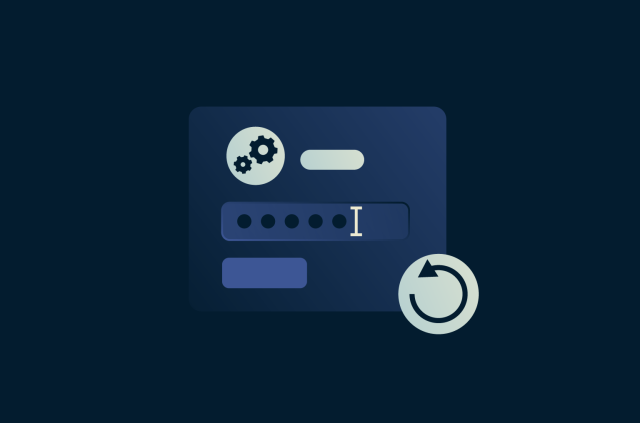
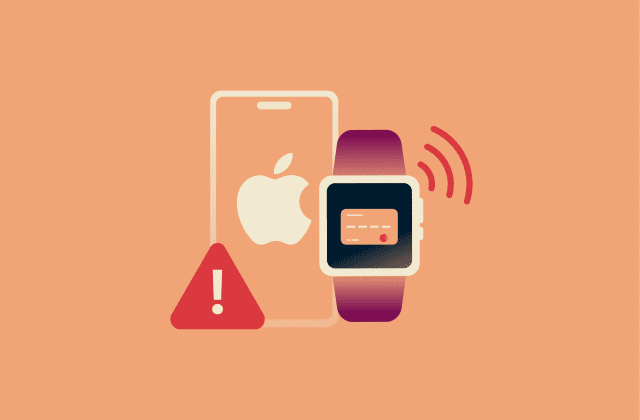
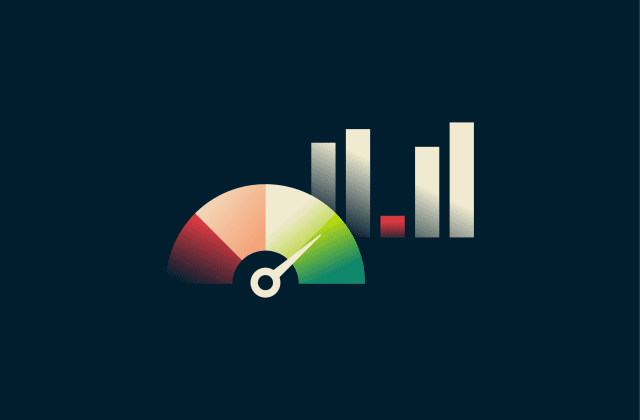
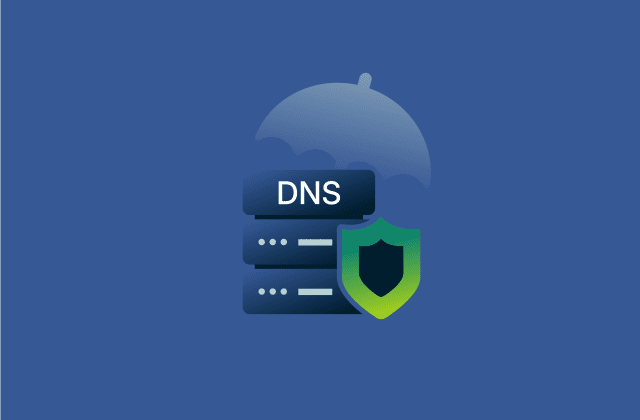
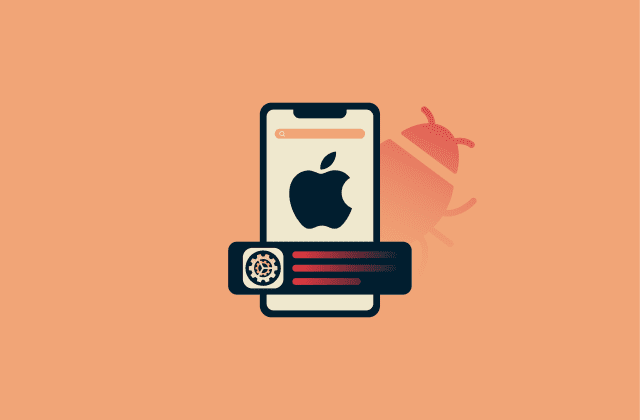
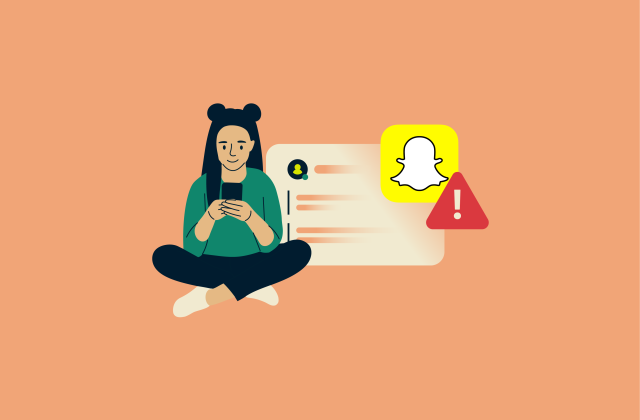
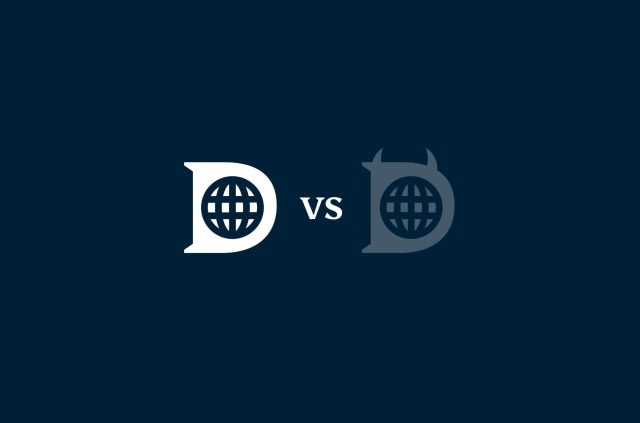
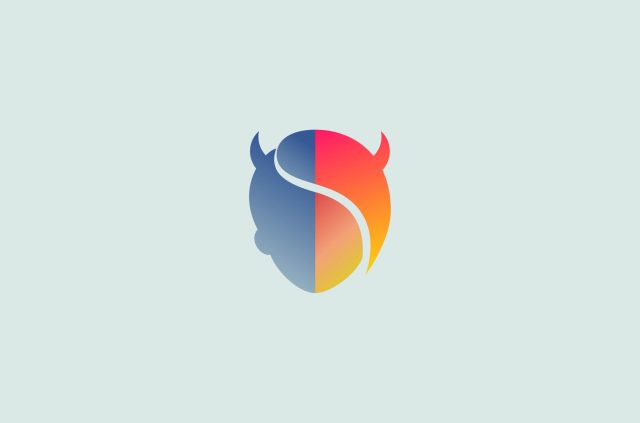
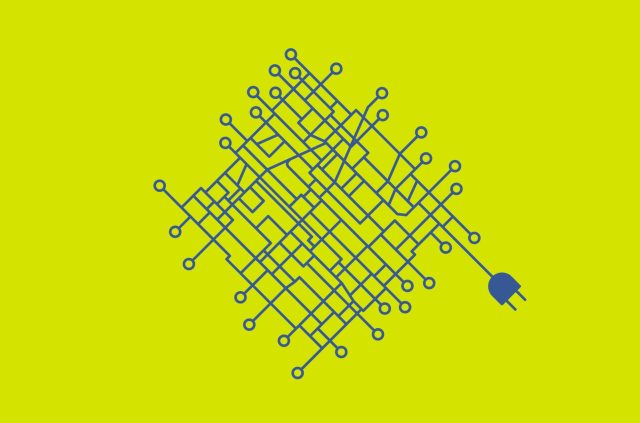
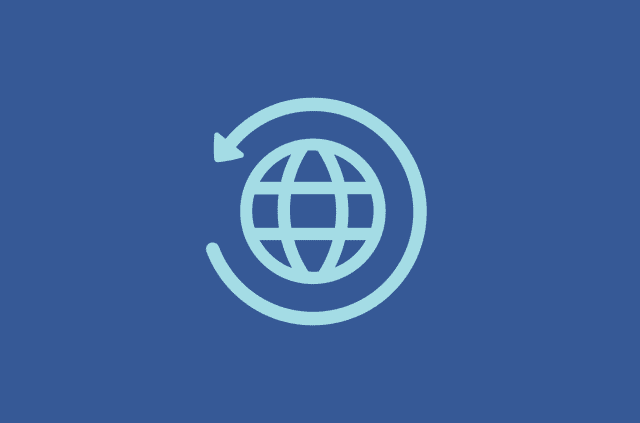
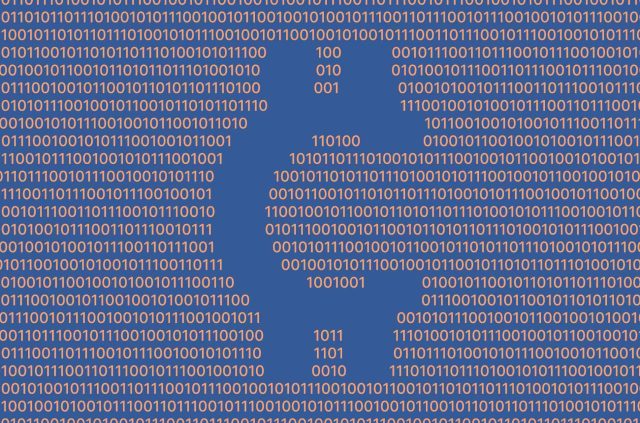
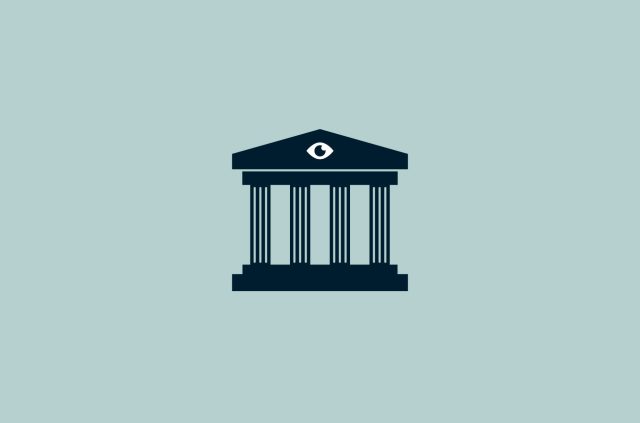
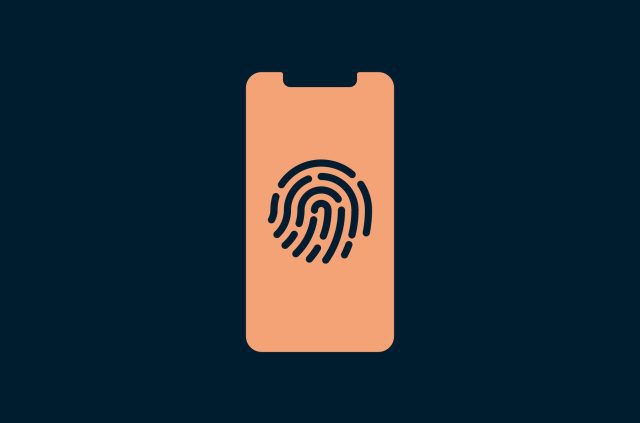
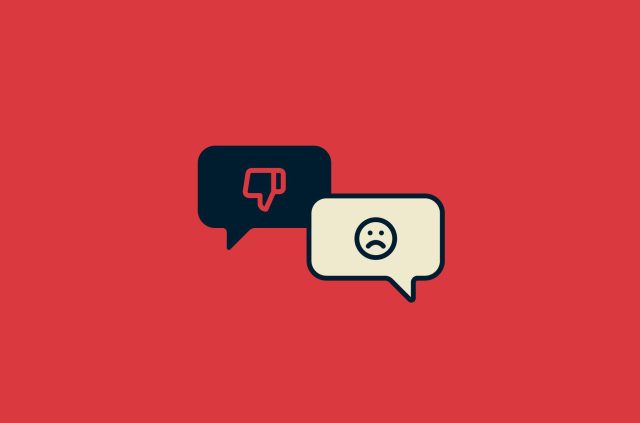





Comments
Just creepy. I will have nothing to do with these invasions of privacy! I am basically anti-tech, with little exceptions. Thank you for these informative articles........Just confirms to me to say away from most high-tech mechanisms! Take be back to days prior to 95!
I thought there were privacy laws enacted a number of years ago that expressly prohibited companies from sharing our health and medical information. Am I mistaken, or does Google get a pass, because I'm quite certain our intelligence agencies already obtain quite a bit of personal information on us from Google that they're prohibited from directly collecting themselves.
I'm with Cliff!